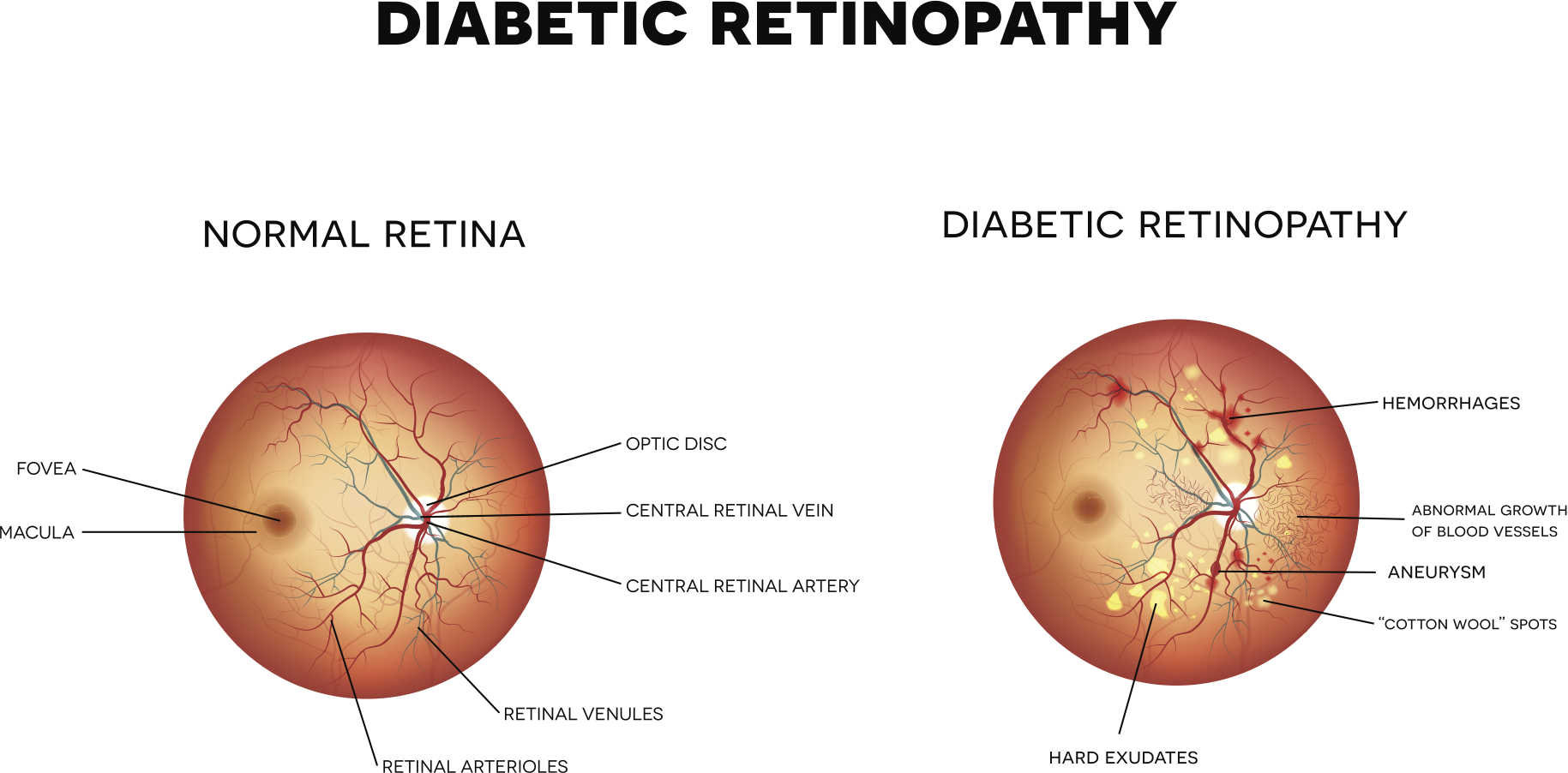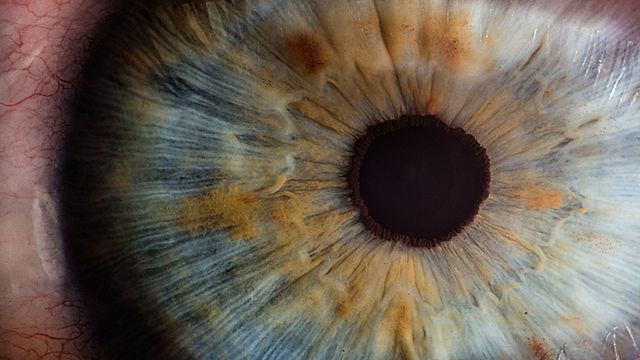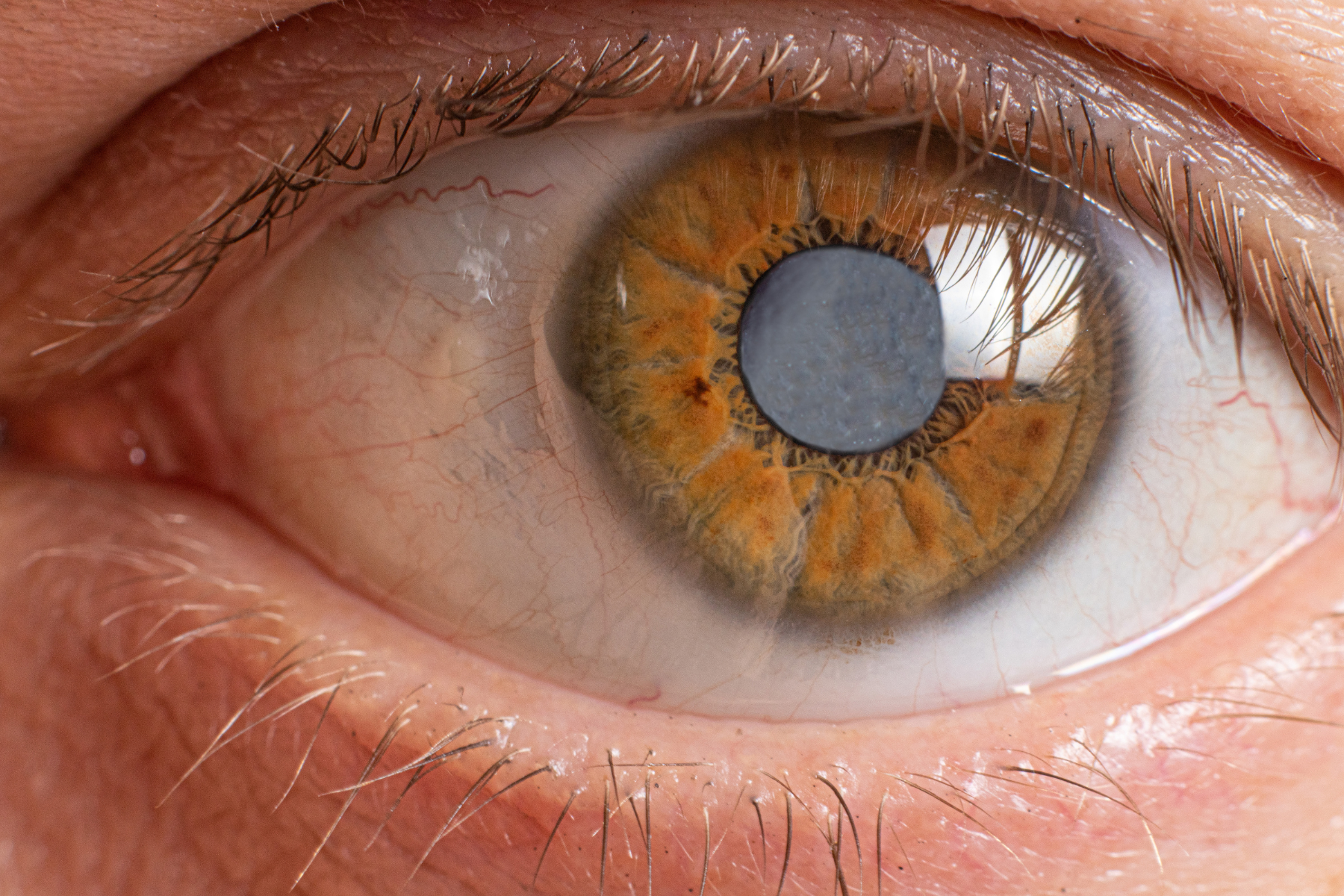 LynbrookOptical
LynbrookOpticalMenu
Diabetes
Wed Dec 20 2023Protect Your Vision: Understanding the Link between Diabetes and Eye Health
Millions of people worldwide are affected by a prevalent health condition known as DIABETES[1]. It is a chronic disease that affects how your body processes blood sugar, also known as glucose[2]. While many people are aware that diabetes can cause problems with their blood sugar levels, they may not realize that it can also affect their eyes.
In this article, we will explore the ways in which diabetes can affect your eyes, the signs to look out for, and what you can do to protect your vision.
What Will Happen to Your Eyes When You Have Diabetes?
High levels of blood sugar can damage the small blood vessels in your eyes, causing them to leak fluid or bleed. This can result in a number of eye problems, including diabetic retinopathy, cataracts, and glaucoma[3].
Diabetic Retinopathy
Diabetic retinopathy is a condition that affects the blood vessels in the retina, the light-sensitive tissue at the back of your eye. When blood sugar levels are high, they can cause the blood vessels in the retina to become damaged, leading to a range of symptoms, including:
- Blurred or distorted vision
- Difficulty seeing at night
- Seeing spots or floaters in your vision
- Dark or empty areas in your vision
- Sudden loss of vision
What are the four stages of diabetic retinopathy?
There are four stages of diabetic retinopathy:
- Mild Nonproliferative Retinopathy – At this stage, small areas of blood vessels in the retina start to bulge, which can leak fluid into the retina.
- Moderate Nonproliferative Retinopathy – As the disease progresses, the blood vessels become even more leaky, preventing the retina from receiving the nutrients it needs to function properly.
- Severe Nonproliferative Retinopathy – At this stage, a significant number of blood vessels are blocked, causing further leakage of blood in all areas of the retina. The leakage can also occur near the macula resulting in macula oedema, leading to blurred or distorted vision.
- Proliferative Retinopathy – This is the most advanced stage of diabetic retinopathy, in which the new blood vessels grow on the surface of the retina and into the vitreous. These new vessels are even weaker than the ones in the previous stage, and can cause serious complications, such as retinal detachment, vitreous hemorrhage, and glaucoma.

Cataracts
Cataracts are a clouding of the lens in your eye, which can cause blurred vision, double vision, and sensitivity to light. People with diabetes are at a higher risk of developing cataracts, and the condition may develop at a younger age in people with diabetes. Cataracts can be removed with surgery, which involves replacing the cloudy lens with an artificial one.
Glaucoma
Glaucoma is a condition that affects the optic nerve, which carries visual information from your eye to your brain. High levels of blood sugar can damage the optic nerve, leading to vision loss and blindness. Symptoms of glaucoma include:
- Loss of peripheral vision
- Tunnel vision
- Blurred vision
- Halos around lights
- Severe eye pain
Glaucoma can be treated with medication, laser surgery, or traditional surgery, but early detection is crucial to prevent permanent vision loss.
What are the Signs that Diabetes Affects Your Eyes?
The signs that diabetes is affecting your eyes may vary depending on the specific condition you have, but some common symptoms include:
- Blurred or distorted vision
- Difficulty seeing at night
- Seeing spots or floaters in your vision
- Dark or empty areas in your vision
- Sudden loss of vision
- Eye pain or pressure
- Double vision
- Sensitivity to light
- Changes in color vision
It is crucial to seek immediate medical attention from an eye specialist if you encounter any of these signs. Early detection and treatment can prevent serious complications and preserve your vision.
What Can You Do to Protect Your Vision?
Fortunately, there are steps you can take to protect your vision if you have diabetes. Here are some tips:
- Keep your blood sugar under control – The most important thing you can do to protect your vision is to manage your blood sugar levels. This means following a healthy diet, getting regular exercise, and taking any medications or insulin as prescribed by your doctor.
- Get regular eye exams – Even if you have no symptoms, it is important to see an eye doctor at least once a year for a comprehensive eye exam. This can detect any changes in your vision and catch eye problems early, when they are most treatable.
- Manage other health conditions – People with diabetes are at higher risk for other health conditions, such as high blood pressure and high cholesterol, which can also affect your eyes. Manage these conditions by following your doctor’s recommendations for diet, exercise, and medication.
- Quit smoking – Smoking can increase your risk of developing eye problems, including diabetic retinopathy and cataracts. Quitting smoking can improve your overall health and protect your vision.
- Protect your eyes – Wear sunglasses that block out UV light, and safety glasses if you work in a hazardous environment. Avoid rubbing your eyes, which can irritate them and increase your risk of infection.
Conclusion
Diabetes can have serious consequences for your eye health, but with proper management and care, you can protect your vision and prevent complications. If you have diabetes, make sure to see an eye doctor regularly, keep your blood sugar under control, and take steps to protect your eyes. By doing so, you can maintain good vision and enjoy a healthy, active life.
If you have diabetes or are at risk for developing diabetes, make an appointment with an eye doctor to protect your vision. You can book a bulk billed eye test with our optometrist online or call us at 03 9702 9118.





